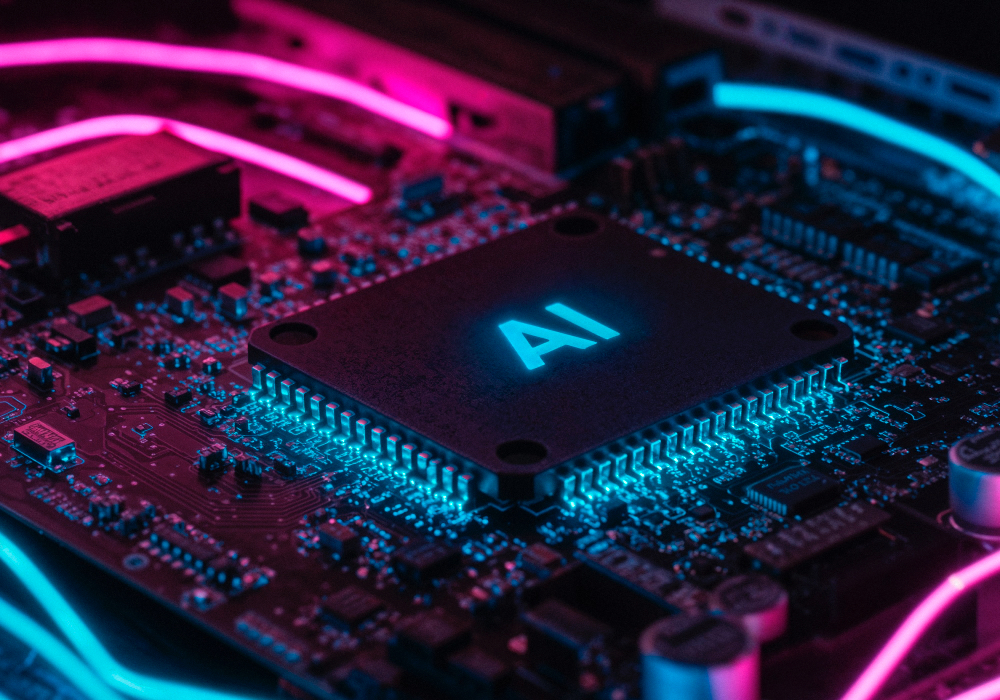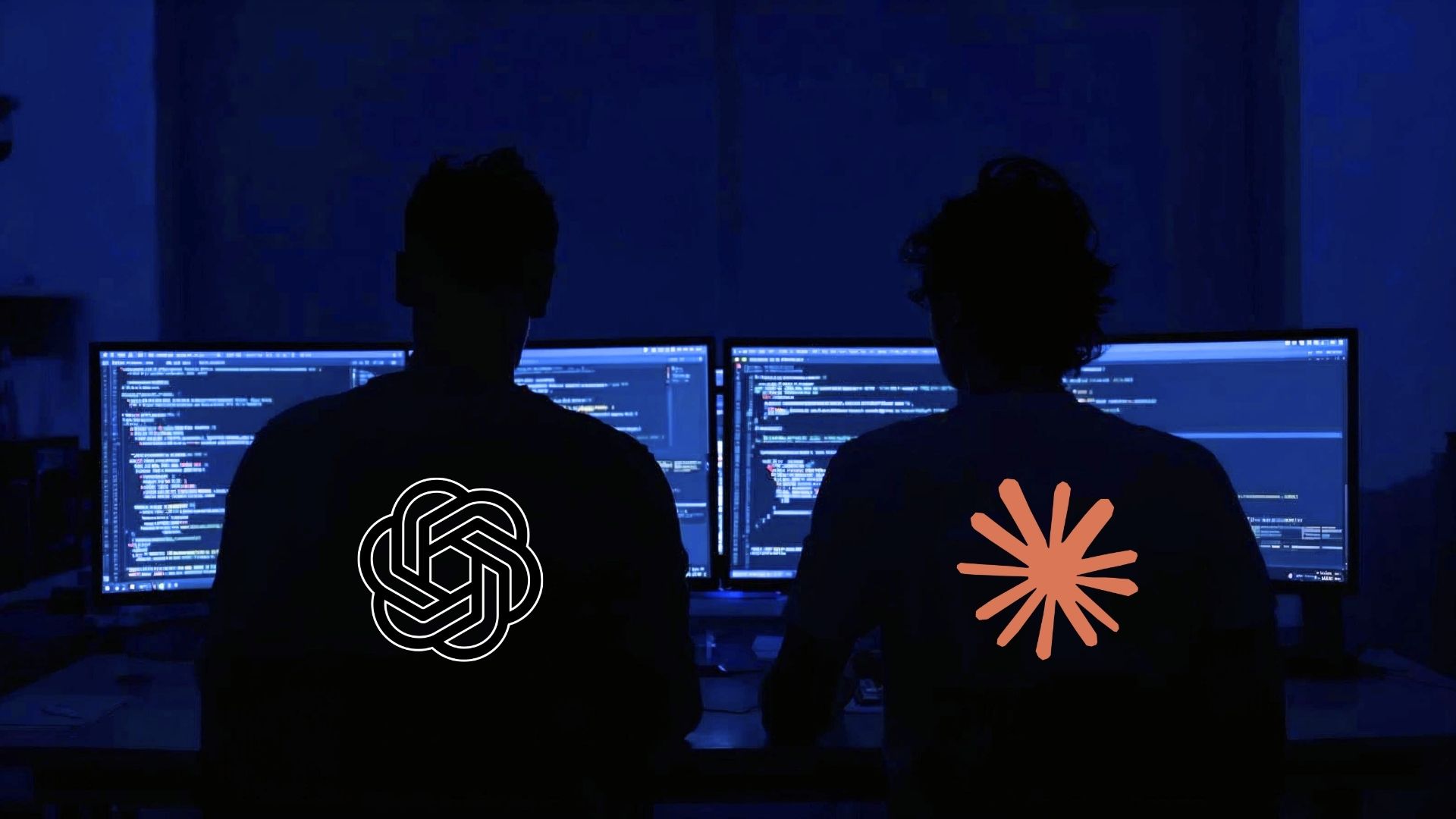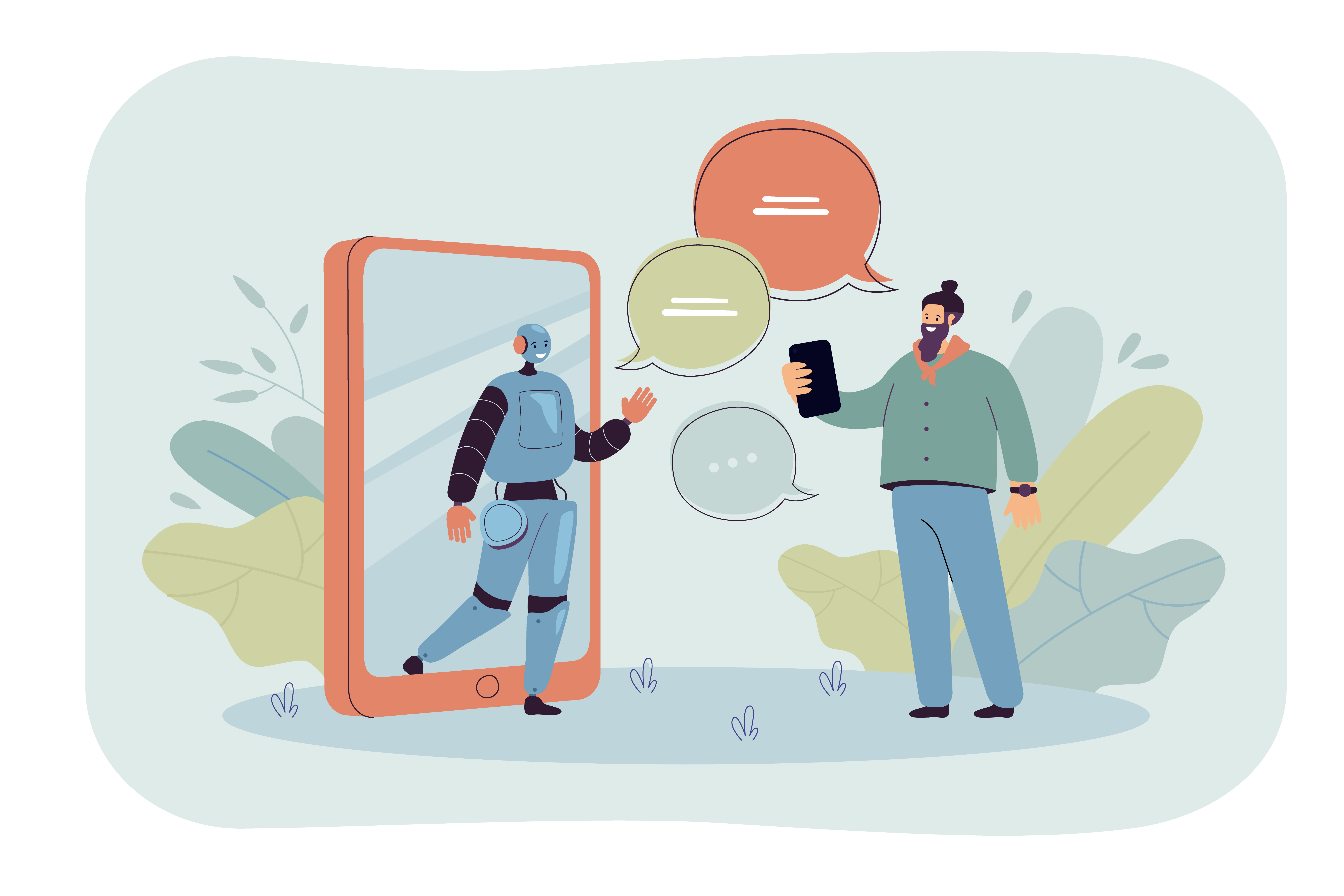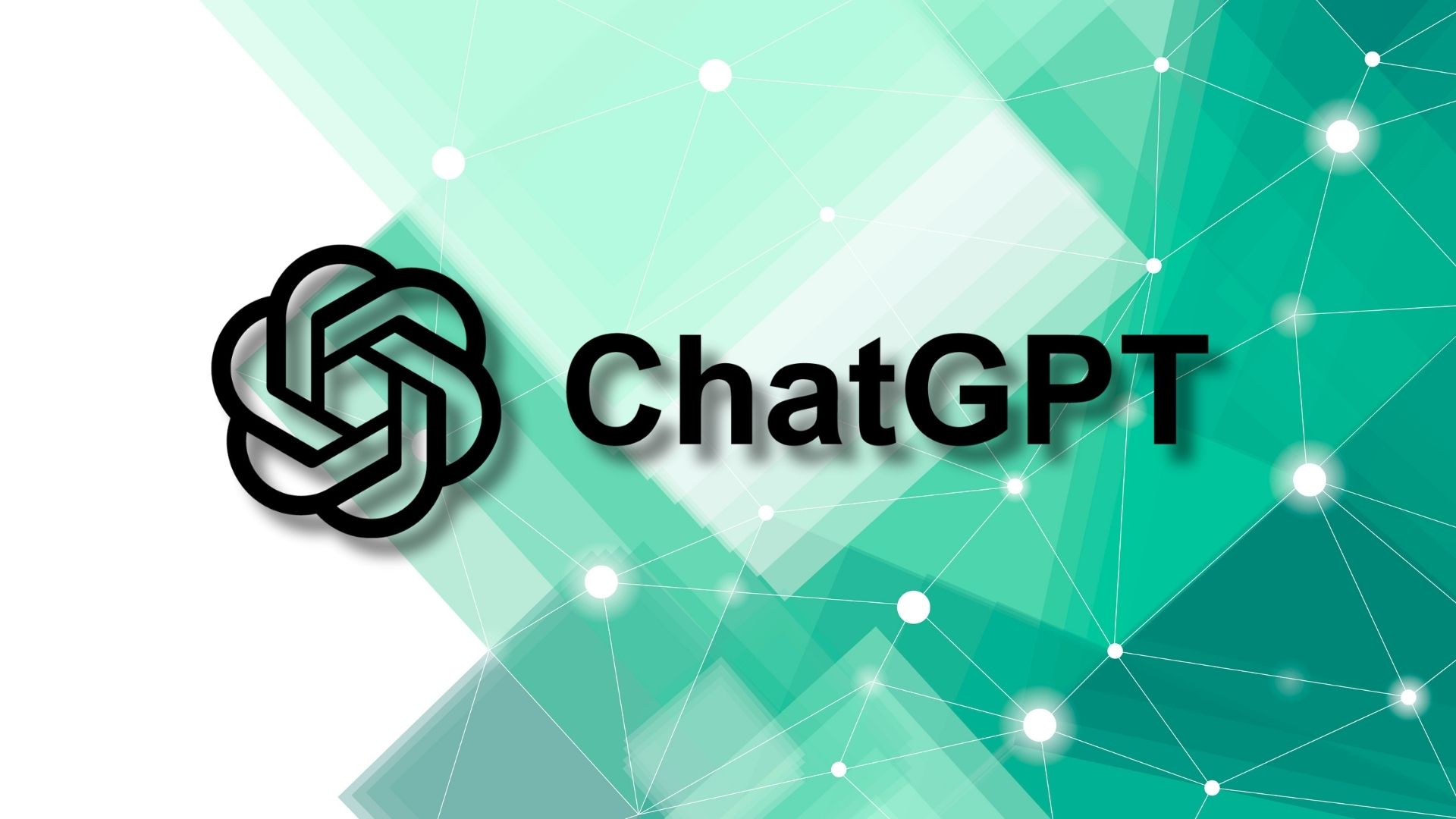Leaders from the tech industry, academia, and policy circles met at a TIME100 roundtable in Davos, Switzerland, on 21 January to discuss how to pursue rapid AI progress without sacrificing safety and accountability. The conversation, hosted by TIME CEO Jessica Sibley, focused on how AI should be built, governed, and used as it becomes more embedded in everyday life.
A major theme was the impact of AI-enabled technology on children. Jonathan Haidt, an NYU Stern professor and author of The Anxious Generation, argued that the key issue is not total avoidance but the timing and habits of exposure. He suggested children do not need smartphones until at least high school, emphasising that delaying access can help protect brain development and executive function.
Yoshua Bengio, a professor at the Université de Montréal and founder of LawZero, said responsible innovation depends on a deeper scientific understanding of AI risks and stronger safeguards built into systems from the start. He pointed to two routes, consumer and societal demand for ‘built-in’ protections, and government involvement that could include indirect regulation through liability frameworks, such as requiring insurance for AI developers and deployers.
Participants also challenged the idea that geopolitical competition should justify weaker guardrails. Bengio argued that even rivals share incentives to prevent harmful outcomes, such as AI being used for cyberattacks or the development of biological weapons, and said coordination between major powers is possible, drawing a comparison to Cold War-era cooperation on nuclear risk reduction.
The roundtable linked AI risks to lessons from social media, particularly around attention-driven business models. Bill Ready, CEO of Pinterest, said engagement optimisation can amplify divisions and ‘prey’ on negative human impulses, and described Pinterest’s shift away from maximising view time toward maximising user outcomes, even if it hurts short-term metrics.
Several speakers argued that today’s alignment approach is too reactive. Stanford computer scientist Yejin Choi warned that models trained on the full internet absorb harmful patterns and then require patchwork fixes, urging exploration of systems that learn moral reasoning and human values more directly from the outset.
Kay Firth-Butterfield, CEO of Good Tech Advisory, added that wider AI literacy, shaped by input from workers, parents, and other everyday users, should underpin future certification and trust in AI tools.
Diplo is live reporting on all sessions from the World Economic Forum 2026 in Davos.
Would you like to learn more about AI, tech and digital diplomacy? If so, ask our Diplo chatbot!










